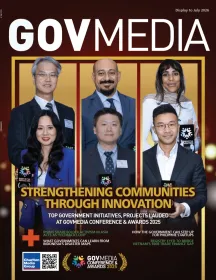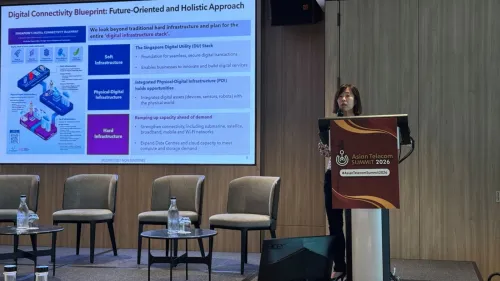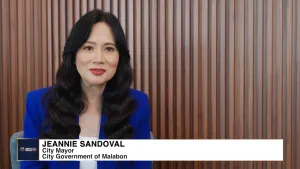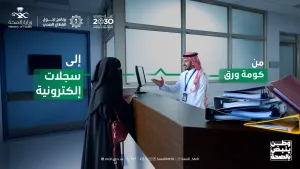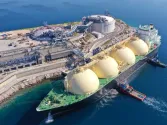SIF, WEF launch pilot project for clean water access in Southeast Asia
The SEAPAW initiative aims to tackle water crises through multi-stakeholder collaboration.
The Singapore International Foundation (SIF), in collaboration with the World Economic Forum (WEF), has announced the first project under the Southeast Asia Partnership for Adaptation through Water (SEAPAW). Unveiled on the sidelines of COP29, the pilot initiative aims to provide clean, sustainable, and reliable water access to underserved rural communities in Sarawak, Malaysia.
This project underscores the growing urgency of addressing Southeast Asia’s water challenges, exacerbated by climate change. Neo Gim Huay, Managing Director of the Centre for Nature and Climate at the WEF, emphasized, “We are experiencing extreme weather conditions, and 90% of these are actually water-related,” she said, highlighting frequent droughts and intense rainfalls that are impacting the region.
Corinna Chan, Chief Executive Officer of the SIF, echoed the concern, noting the interconnected nature of water issues across national borders. “Ninety percent of natural disasters are water-related,” she said, pointing out the transboundary climate risks that complicate efforts to address these challenges.
Both leaders stressed the need for improved policies and governance frameworks to tackle water-related crises. Chan identified a critical gap in the perceived importance of water as a resource, tied to outdated pricing structures and fragmented responsibilities across government ministries. “An effective governance framework to manage water as an integrated resource is important,” she stated, calling for a longer-term policy lens.
Neo added that cutting carbon emissions and adapting to changing weather patterns must go hand in hand. “Every fraction of a degree counts, and with emissions continuing to grow, we will continue to suffer the effects of climatic changes on a massive scale,” she explained.
Neo urged for systemic, holistic approaches that involve all sectors of society and business to safeguard natural habitats and address pollution issues. “No one party would be able to address the problems on their own,” she said. “This partnership needs to be at global, regional, and local community levels, where we can join forces to organize resources and efforts.”
Chan highlighted SEAPAW’s role in bringing together stakeholders with expertise, solutions, and financing capabilities. “The initiative was just launched in June this year, but we have seen a lot of progress since then,” she said. Current efforts are focused on working with members to implement in-country projects and secure financing for sustainable water solutions.
